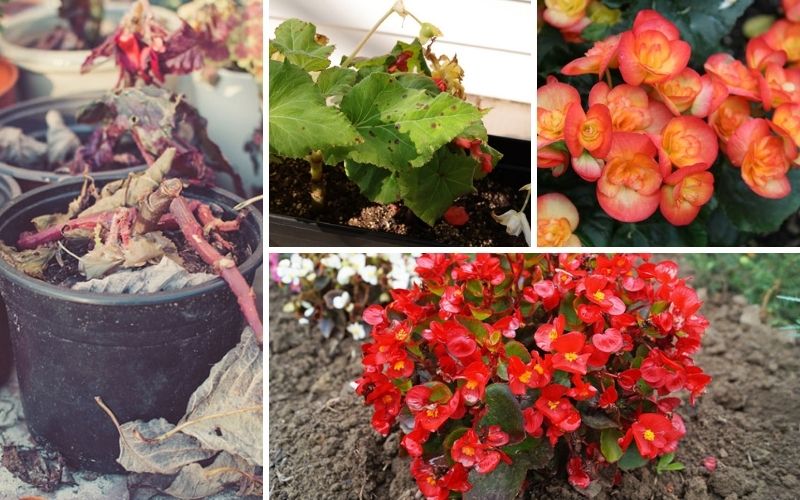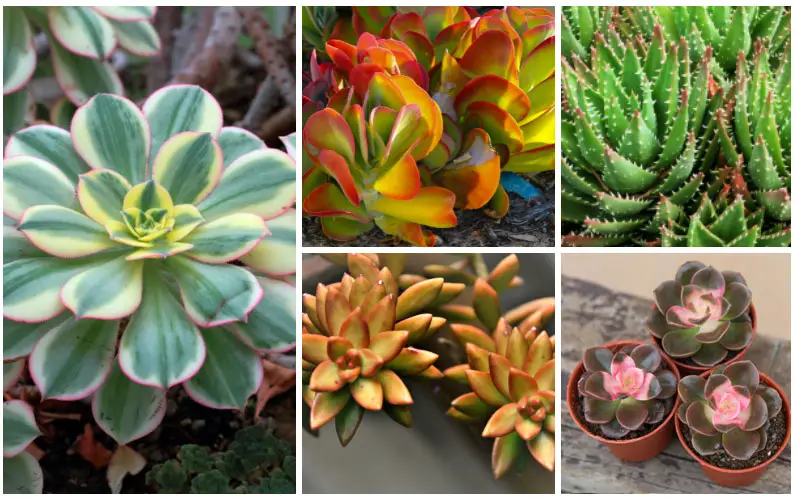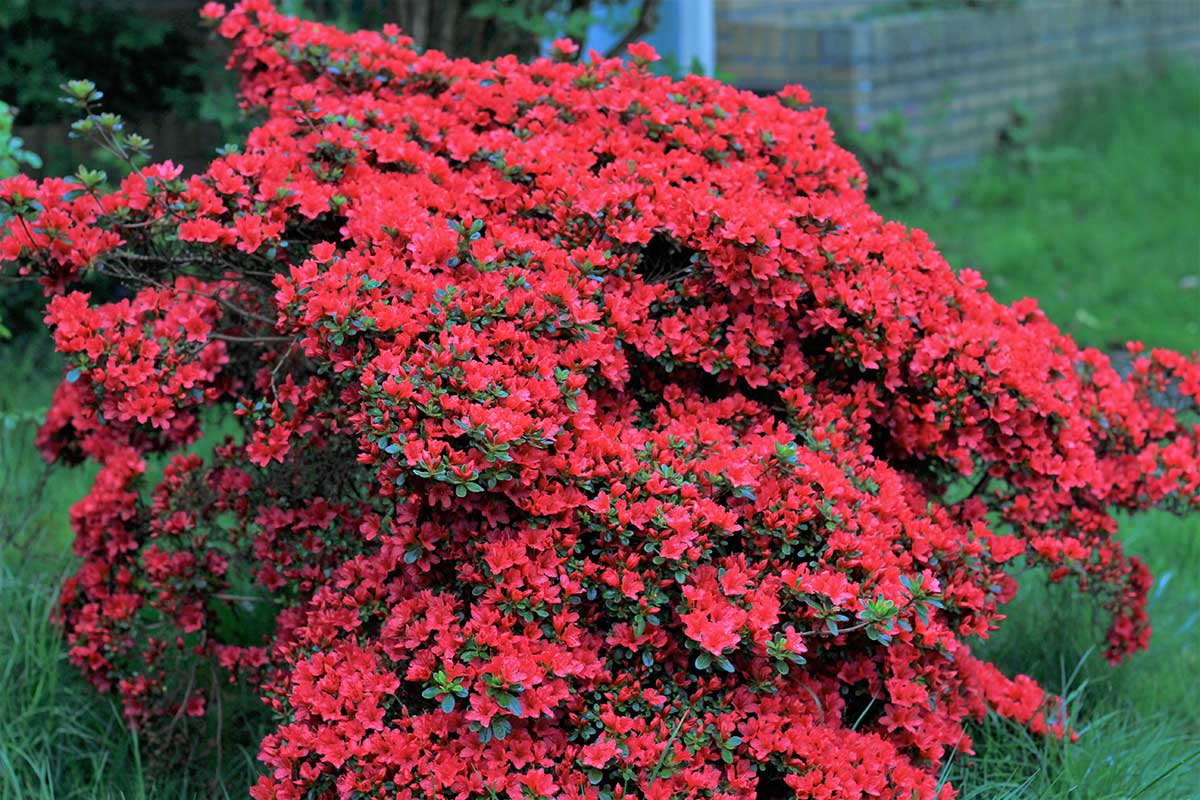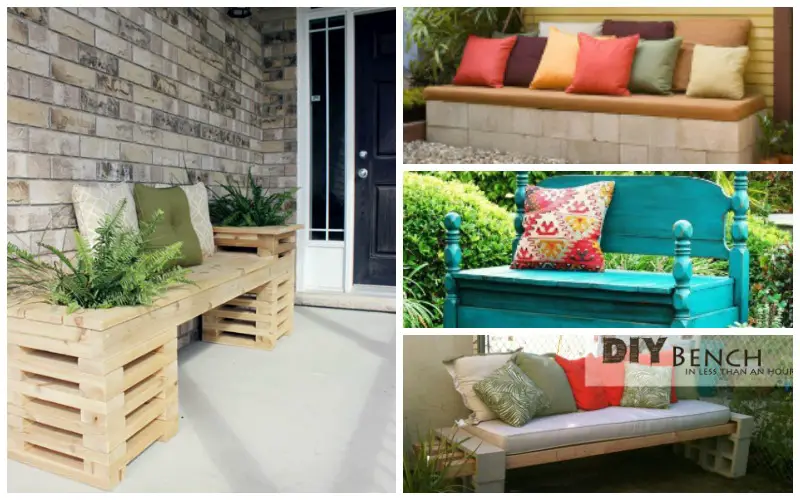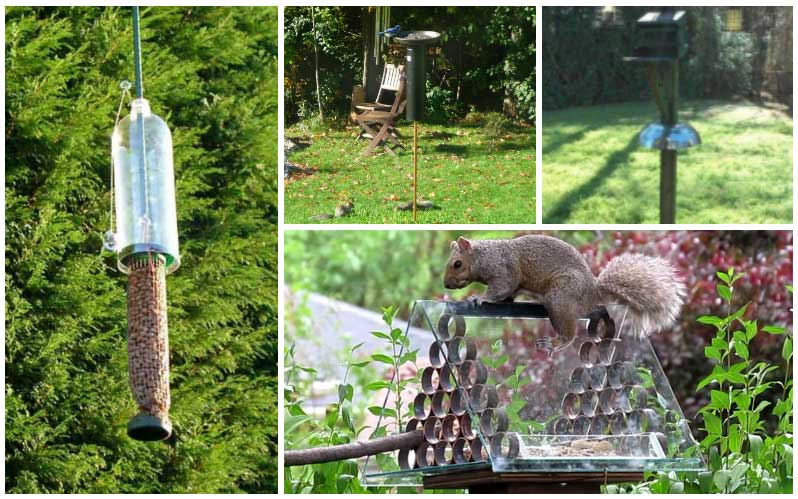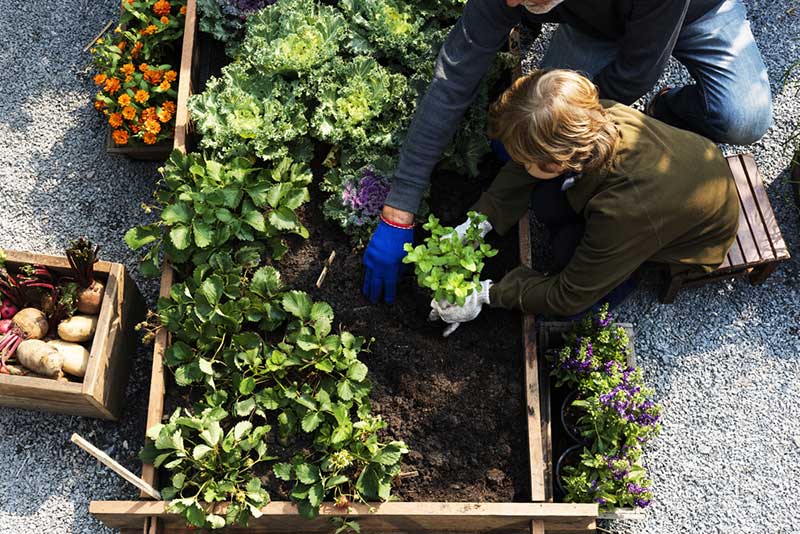
There are many tips for beginning and intermediate gardeners to try that will improve their gardens and produce healthier plants. Below we have some ideas for the coming year.
Grow Native Plants
Whether you are a beginning or intermediate gardener, growing native plants will benefit your garden. This is because native plants grow better because they are acclimated to your region and environment. They can grow in tough conditions because your regional climate may have heat, dry soil, too much rain or too little, and other obstacles to plant growth.
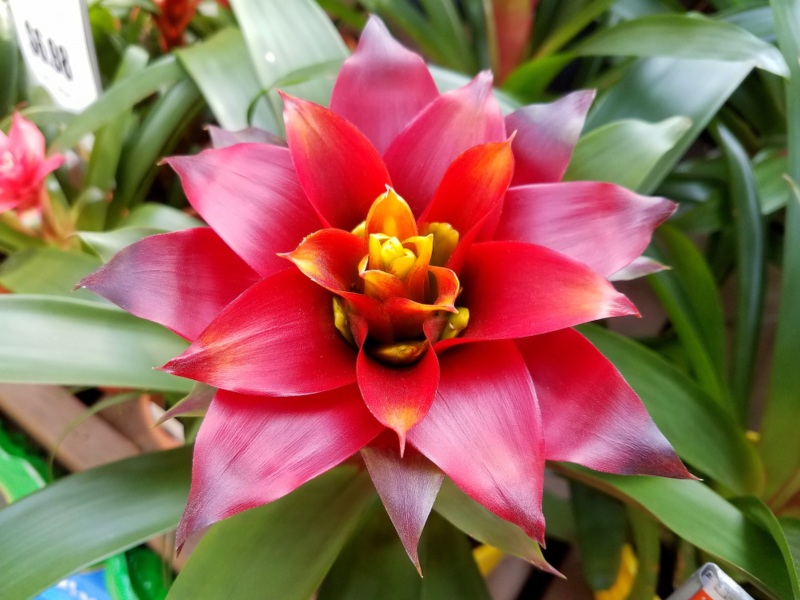
When you go to your local garden center, they will be able to help you pick out native flowers, vegetables, herbs, shrubs, and trees that will be easier to grow than other plants. Native plants often save you money and use less water than plants from other parts of the country. Often, they require less fertilizer and insecticides to keep them growing.
Native plants will attract bees, butterflies, birds and other insects that help pollinate or protect the plants by eating bugs. They are often more attractive and showier because they grow well and thrive in the climate you live in. Your local garden center or horticultural extension can help you find native plants in your region.
Grow Vegetables and Herbs
When you want to plant vegetables in the ground, picking a sunny spot that drains well is essential. Start small and buy vegetables already grown from your local nursery. There are many kinds that are easy to grow. Some of the easiest vegetables to grow are tomatoes, lettuce, peppers, spinach, carrots, radishes, spinach, green beans, and zucchini.
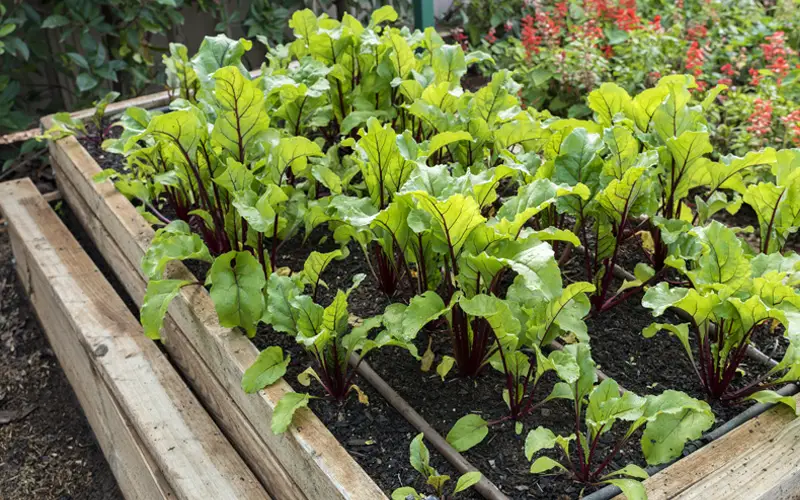
Choose what you like to eat, and you will use in recipes and salads. Consider using pots when you do not want to plant them in the ground.
When growing herb plants, buy starter plants as you get a larger variety, and they will be easier to maintain and grow.
You can grow them in the ground or on the deck in a planter and they will thrive either way. Buy herbs you like to use, like basil, parsley, chives, oregano, mint, lemon balm and those that can be used in food. Do not plant in rich soil or over-water your herbs. Planting herbs in one large pot that grow well together is another form of container gardening.
Learn about the growing conditions and how to care for your herbs before you plant them.
Find Ways to Attract Birds, Insects, and Wildlife
Beginning gardeners can attract birds to their garden by adding a bird bath and it does not require complex installation like other water features.
Bird baths attract small animals and even insects to use the water. They have even designed self-cleaning bird baths.
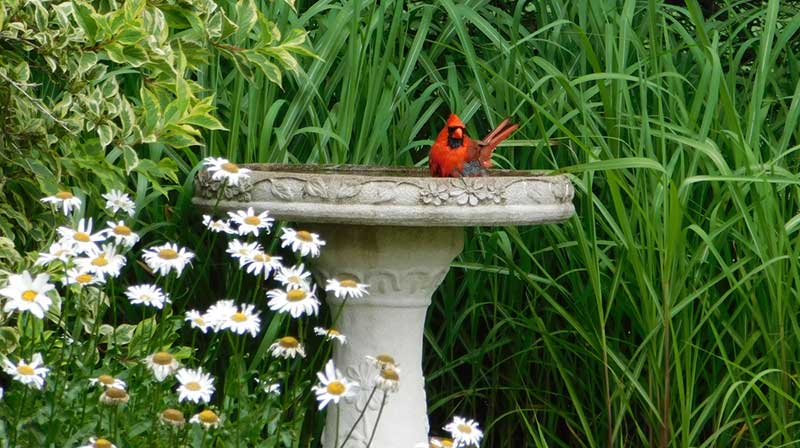
Research flowers and plants that attract insects that eat more harmful insects and protect your garden. Bees and ladybugs are good insects to attract, as ladybugs kill and eat many insects and bees pollinate plants so that they can grow. Hang a bird feeder in your garden to attract birds that help keep the garden safe.
Conserve Water
There are many ways to conserve water in your outdoor garden. Buy an adjustable sprinkler with different watering patterns that can be adjusted and save you water. Think about a drip irrigation system that directs the water to the roots of the plants. Harvest rainwater by using barrels to catch the water when it rains and use it in your garden.
Cisterns let you save water from your roof that runs off during rainstorms. When you add mulch around plants in your garden, this keeps water from evaporating and moisture in the ground.
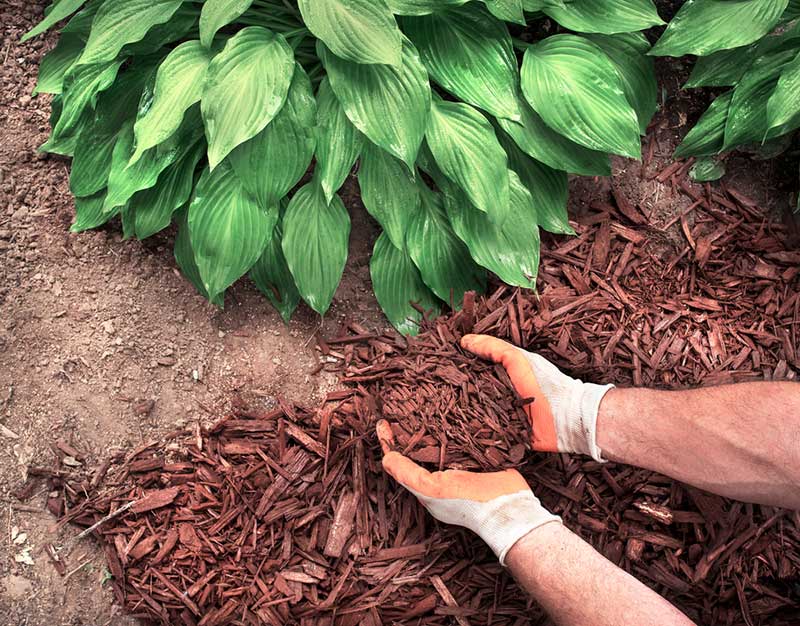
Water your garden with watering cans and always replace washers in hoses that crack, leading to more water leaking out.
Try to select plants that do not require much water in certain areas of your yard.
Try Organic Garden Products
How can you add natural organic products to your garden that improve the soil?
Choose organic plant fertilizer that will not burn your plants with harmful chemicals but improves the soil.
Your garden center will have some organic gardening products to help you with this right choice. When you want to use organic pesticides, you can make your own sprays to use on plants in small areas.
Some of the choices are neem oil, or mineral oil that will dry out insects after it is sprayed on.
Other products used are insecticidal soaps and diatomaceous earth. Many of these products are sold at your local garden center with directions on how to use them properly.

